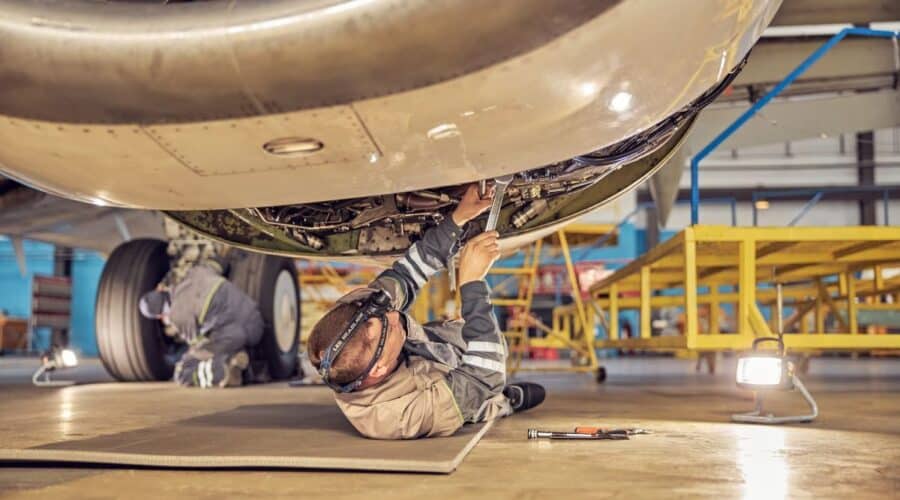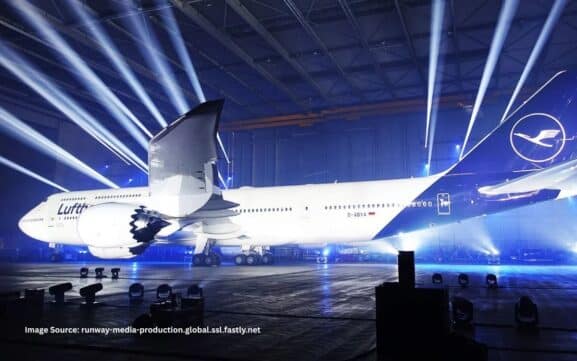Bombardier’s $7.4B Impact on Canadian Economy
In a powerful demonstration of industrial prowess, Bombardier has solidified its position as a cornerstone of the Canadian economy, contributing an impressive $7.4 billion to the nation’s GDP in 2024 and showcasing the transformative potential of advanced manufacturing.
The company’s economic footprint extends far beyond mere financial metrics. Exploring the intricate landscape of aerospace manufacturing reveals a complex ecosystem of innovation, job creation, and technological advancement. Bombardier supports nearly 48,500 jobs nationwide and generated more than $1.2 billion in federal and provincial tax revenues, establishing itself as the undisputed leader in Canada’s aerospace manufacturing sector.
Bombardier President and CEO Éric Martel articulated the company’s broader national significance, emphasizing its role in driving growth and reinforcing Canada’s technological sovereignty. The 2024 performance is nothing short of remarkable: 146 business aircraft delivered, $11.5 billion in revenues, and a supply chain involving more than 1,550 suppliers with $9.1 billion in expenditures.
Investigating global aerospace economic dynamics provides context for Bombardier’s achievement. The company’s aircraft exports constitute approximately 5% of Quebec’s total export value and 1% of Canada’s overall exports—a significant contribution to the national economic landscape.
The forward-looking projections are equally impressive. Bombardier anticipates revenues exceeding $12.2 billion in 2025, with the PwC report estimating a potential $39.6 billion contribution to Canada’s GDP between 2025 and 2029. The projected annual average of 51,696 direct, indirect, and induced jobs underscores the company’s potential for sustained economic impact.
Examining technological innovation strategies highlights the company’s commitment to research and development. Planned R&D spending and capital investments are expected to add $3.2 billion in GDP contributions and support more than 25,700 full-time jobs, demonstrating a forward-looking approach to industrial development.
The company’s manufacturing presence continues to expand, with a growing facility at Toronto’s Pearson International Airport employing approximately 2,200 people focused on the Global business jet family. This expansion represents more than geographic diversification—it’s a strategic approach to leveraging Canada’s diverse technological capabilities.




